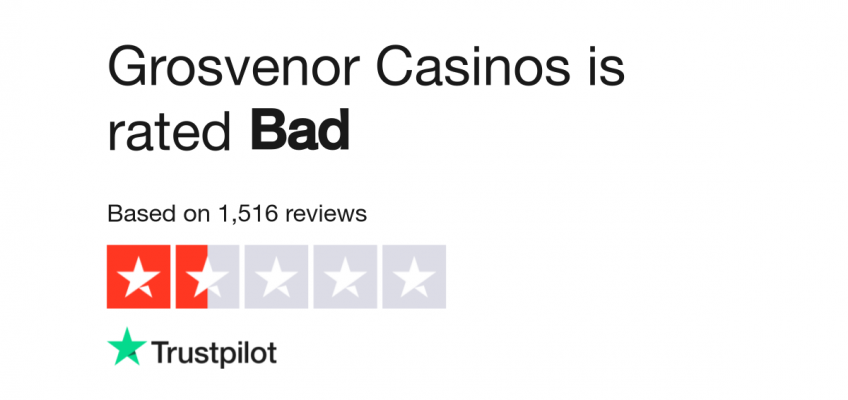Content
A lot more Sugar-Inspired Slots Action
Testing the main benefits of Glucose Walk slot
Pyramid Twist
Karolis Matulis are an enthusiastic Search engine optimization Content Editor during the Casinos.com with well over five years of expertise regarding the on the web playing community. Karolis features authored and modified those slot and gambling establishment reviews and contains starred and you may checked out thousands of on line slot video game. Therefore if there’s a new slot term coming-out soon, your finest understand it – Karolis has tried it. Glucose Walk are a great Quickspin video slot game really well suited for players that have a nice tooth and a large appetite to have Incentives and you will larger wins. With its easy gameplay and brand new incentives, you are in for a succulent remove. The newest Glucose Belongings casino slot games are a great magnificent eliminate to love rather than a shade away from a dentist coming soon.
For the Red-colored Gummy Sustain for the reels step one, dos and you will 3, your activate the fresh Insane Candy 100 percent free Spin Bonus. Traveling Wilds tend to at random move around on the reels to assist your earn additional benefits, and you will along with victory a lot more revolves for the associated +step one Spin symbol. That it term provides a buy-extra, allowing participants to buy 10 totally free spins to have 100x its most recent wager. With sweets food as the motif of-the-moment, there are numerous glucose-filled reels in order to load up and enjoy. For some comparable action that have 40 paylines and you can a ranged added bonus configurations, Quickspin’s Glucose Walk have a tendency to smack the put. Glucose Path features a layout one to include 5 reels and you may to 40 paylines / implies.
A lot more Sugar-Inspired Slots Action
If the a beginner has already accumulated a scientific intend on that it variant, he can currently later is actually the brand new, harder times. The market offers dozens and you will hundreds of additional ports, it is still impractical to play all of them. It is best to utilize Greatest, and, therefore, more “giving”.
The producer of the slot, the organization Quickspin, try deservedly well-known one of gamblers and you can gambling https://zerodepositcasino.co.uk/africa-slot/ organizations by themselves. He’s caused by straight tumbles inside the designated locations to the their grid. Totally free spins offer greatest likelihood of obtaining the most multiplier. Regardless of the non-fundamental, however, most breathtaking and large-quality design, that it position are a bona-fide databases from intriguing and successful incentive rounds. Here, you earn an instant cash award and multipliers to love. That it slot is actually lower difference you is to trigger victories seem to for the the reels.
Four different types of colourful candy make up the rest of the new paytable.
To your Red Gummy Sustain for the reels step 1, dos and you may step three, your activate the new Crazy Candy Free Twist Added bonus.
But we are really not talking highest-limits advancement on the base games here.
In addition to comprehend the novel Sugar Path opinion which have rating to locate important info regarding the Sugar Trail.
Testing the main benefits of Glucose Walk slot
Lovers out of Nice Alchemy will get Glucose Trail a familiar get rid of, merging mouthwatering visuals with exclusive incentives. If you are each other provide a good candied thrill, Sugar Path shines with its distinctive line of path so you can benefits. Even as we look after the problem, here are a few such equivalent game you might appreciate. Three Bluish Gummy Holds for the reels dos, 3 and cuatro initiate the fresh Glucose Dollars Added bonus. Right here, might winnings some extra bucks in addition to Multipliers making the complete more tempting. The look try sleek and the songs improvements add a lovely matter to the game which consists of breathtaking design and you can creative sounds.
The newest cellular version is even readily available for the fresh Android, ios and you may Blackberry users international. Complete it is a game title filled up with have and also you manage be able to win occasionally considering the diversity and you may variety away from features. Attempt to start with the new free adaptation and then proceed on the investing real cash. When you begin spending a real income you may also initiate successful real cash because of certain combinations.
As the Sugar Trail is really a popular slot, there are a lot of internet gambling establishments where you are able to play for real dollars. It’s casinos on the internet offering use of so it online game. Extra Tiime try another way to obtain factual statements about online casinos an internet-based gambling games, maybe not controlled by people playing operator. You should always ensure that you see all regulatory criteria prior to to play in any picked gambling establishment. Laden with bells and whistles, there is certainly extremely no chance you’d go awry which have a spin to your their reels.
The real deal money game play, people need to do membership during the subscribed web based casinos demanding minimum dumps and private information. Glucose Rush position demo is accessible to your certain systems, taking $a hundred,000 in the digital coins for free play. Talk about their has and mechanics with no downloads, monetary union, otherwise revealing from information that is personal. The only real element of the base gameplay is the delicious chocolate-decorated nuts icon featuring its juicy capacity to substitute other investing signs. It’s an appealing icon whether it lands to the and you will adds to your earn traces.
Pyramid Twist
Facet of the number of outlines declared because of the player (from a single to 40) handles the chance of success, but meanwhile increases the stake. Obviously, the most significant extra might possibly be received in case your wilds and other large “persons” appear on the brand new reels. But actually rather than including notes, you could potentially knock-out very good graphics with a good coefficient. The result is facilitated from the a fairly high commission proportion, and that has reached 96.47%.
First, you’ll need spin some reels to decide how of a lot spins, multipliers and additional wilds will be up for grabs. As the spins start, the brand new wilds often pop-up inside the random ranks for each roll if you are King Gummy puts in more in the top. All Added bonus video game depend on Spread symbols; around three away from a type searching anywhere to your display cause the new associated Incentive.
Sugar Walk also has a totally free spins added bonus bullet and that is often where you are able to winnings the big currency. Enjoy Glucose Walk 100 percent free demo slot, zero download, of Quickspin. The way to gamble responsible, understand the advantages and ways to have fun with the games. Along with realize our book Sugar Walk remark which have score discover information on the Sugar Path. The reality is that Glucose Walk has such a get due for the fact that it usually offers wins. The new victory pricing is high, in order that people can be stand all day long regarding the Sugar Walk slot.



